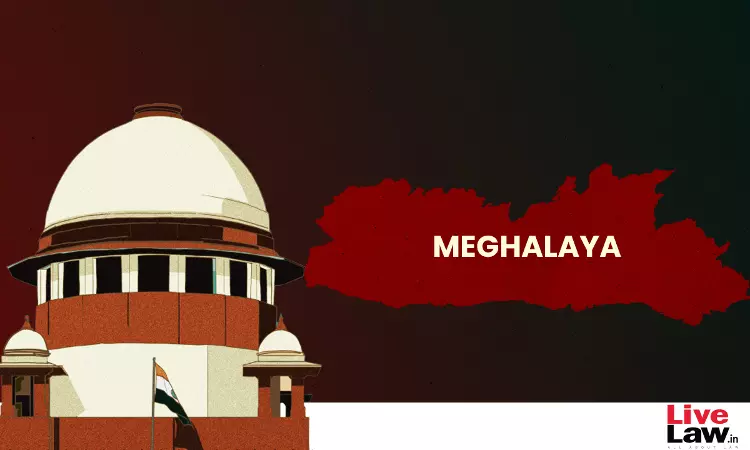Supreme Court Upholds Meghalaya Govt's Order To Dissolve Private University For Mismanagement
Gyanvi Khanna
14 Feb 2025 12:50 PM IST

Next Story
14 Feb 2025 12:50 PM IST
The Supreme Court on Thursday (February 13) upheld the decision taken by the Meghalaya Government in 2014 to dissolve the Chander Mohan Jha (CMJ) University, a private University.The Court also held that the University's decision to self-appoint a Chancellor, without the approval of the Visitor (Governor) was illegal. The State Government ordered the dissolution of the University, by...
